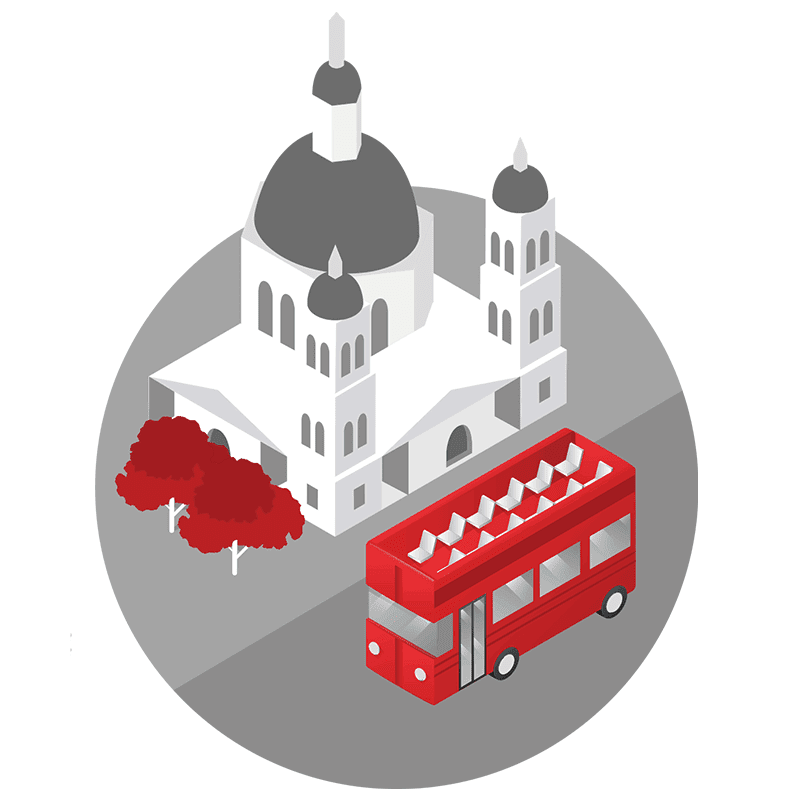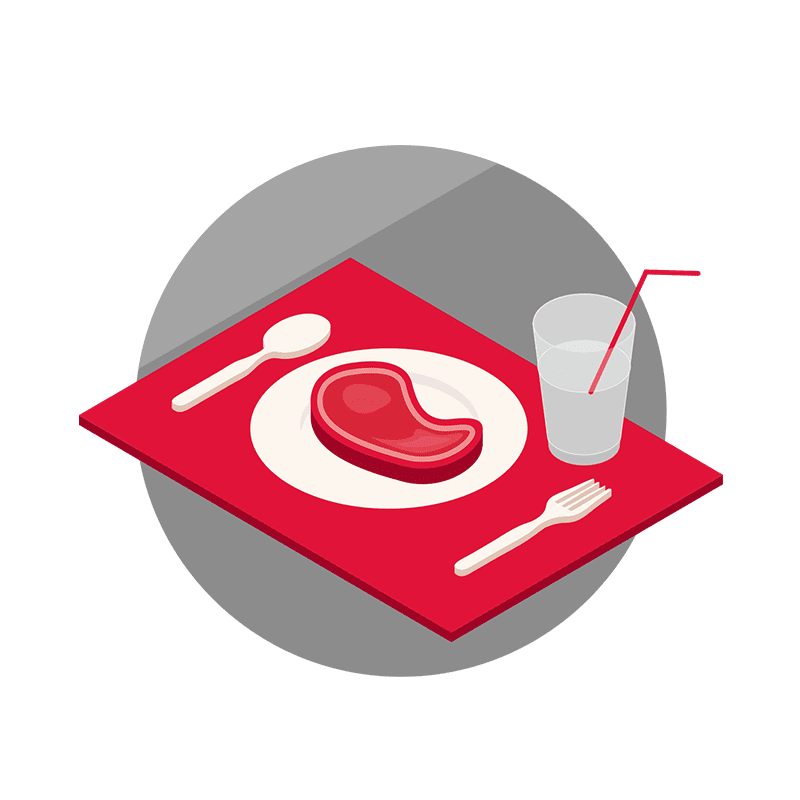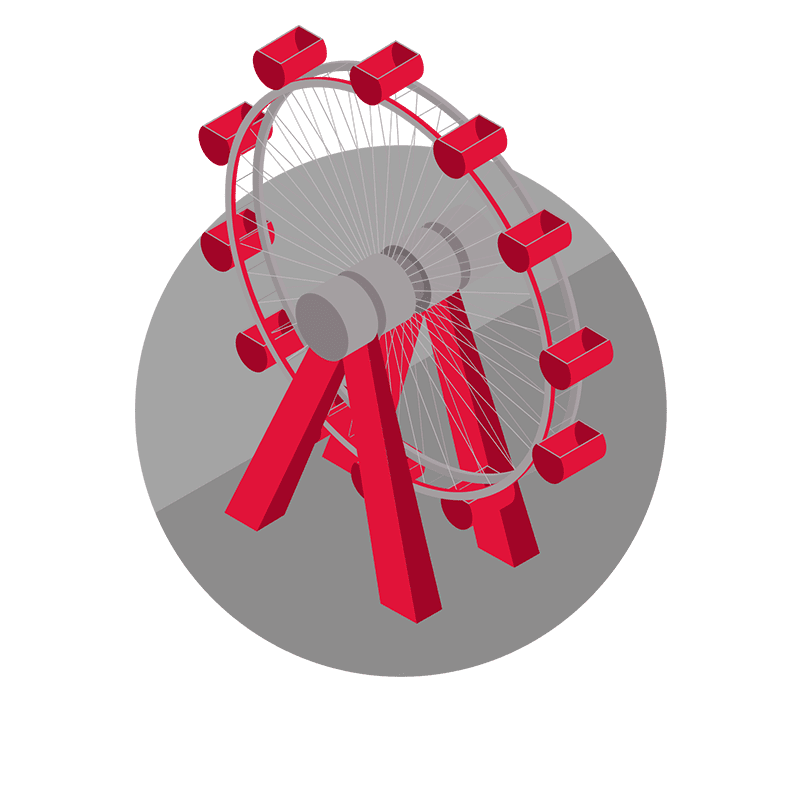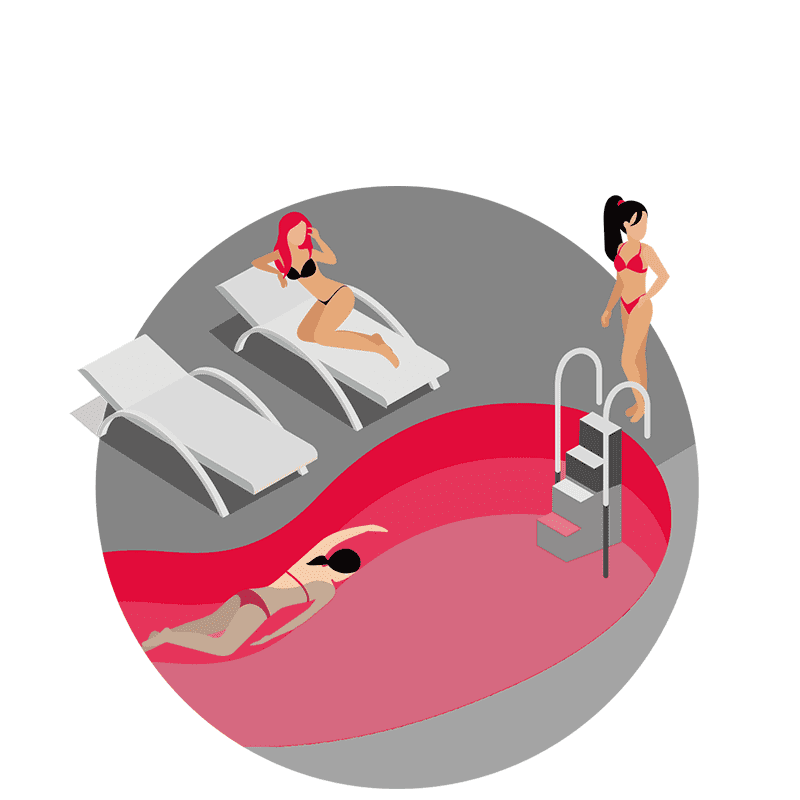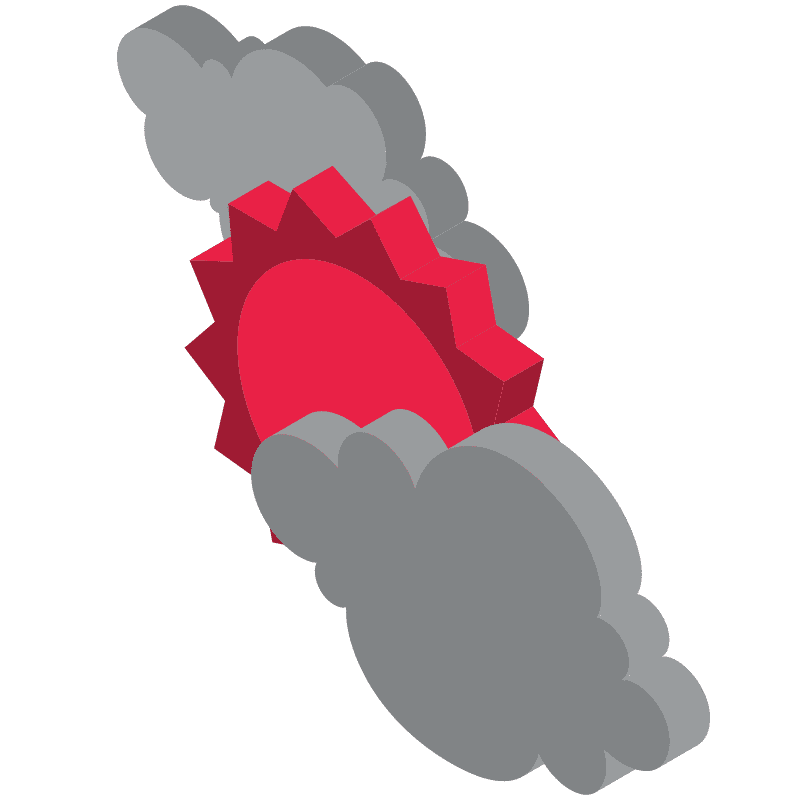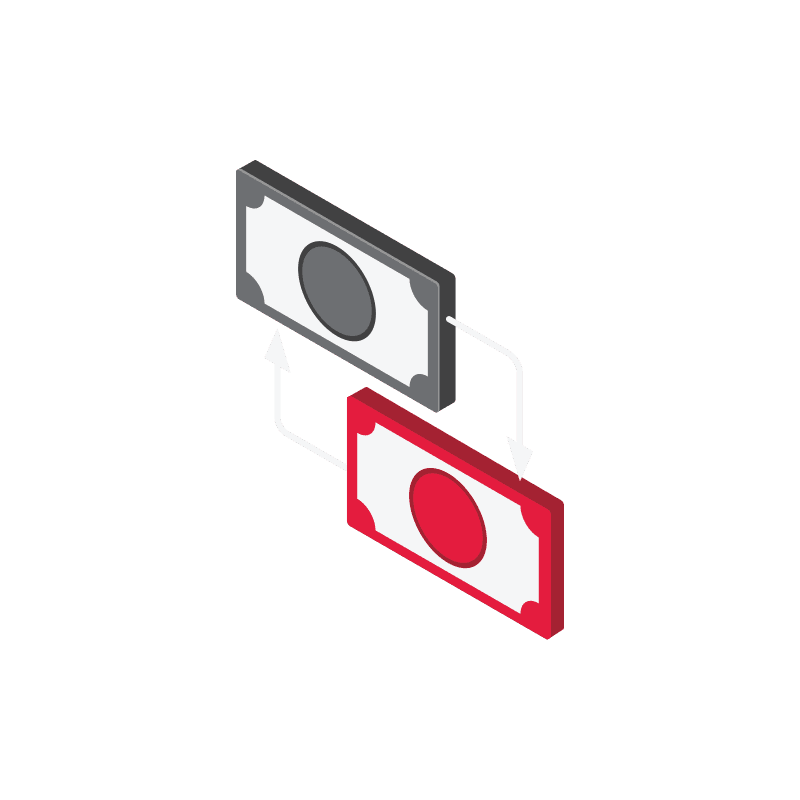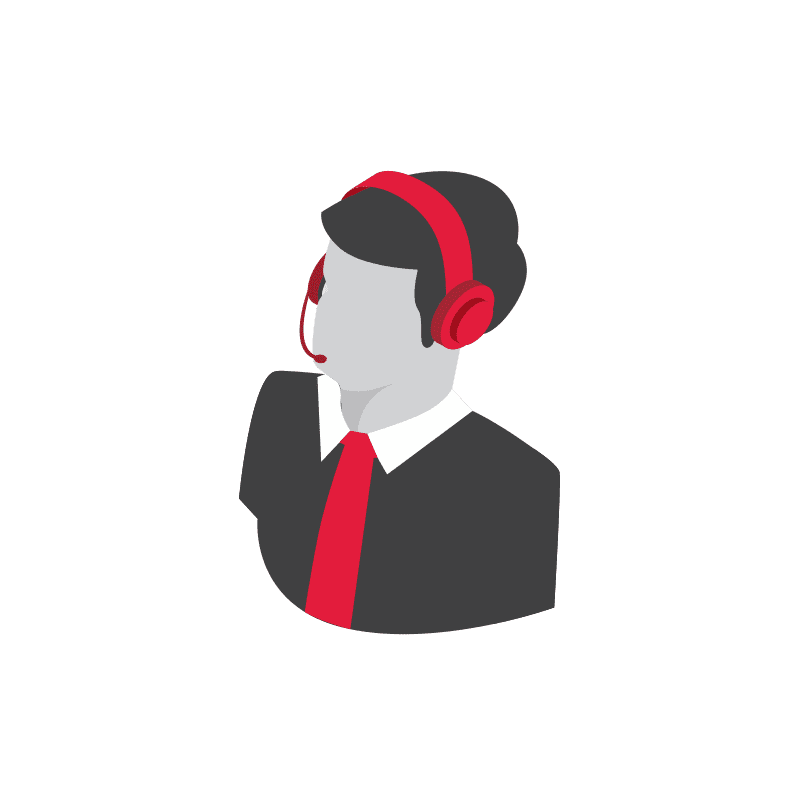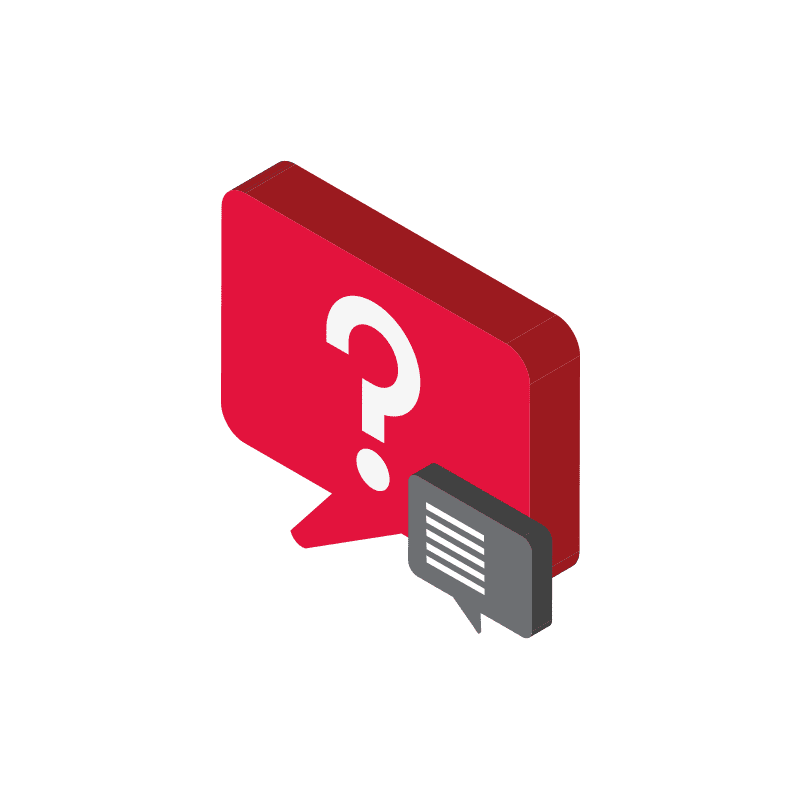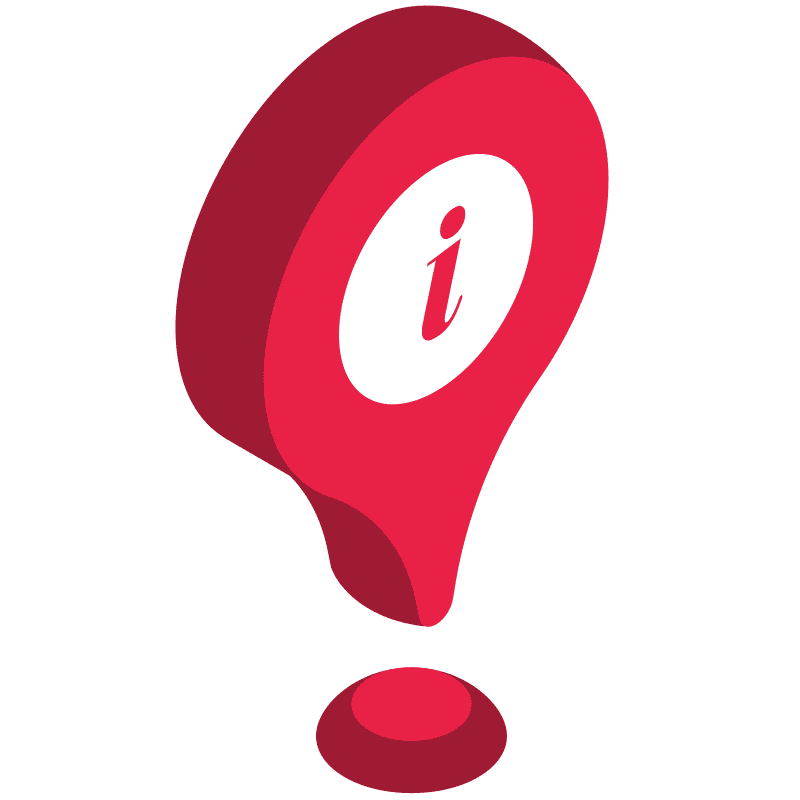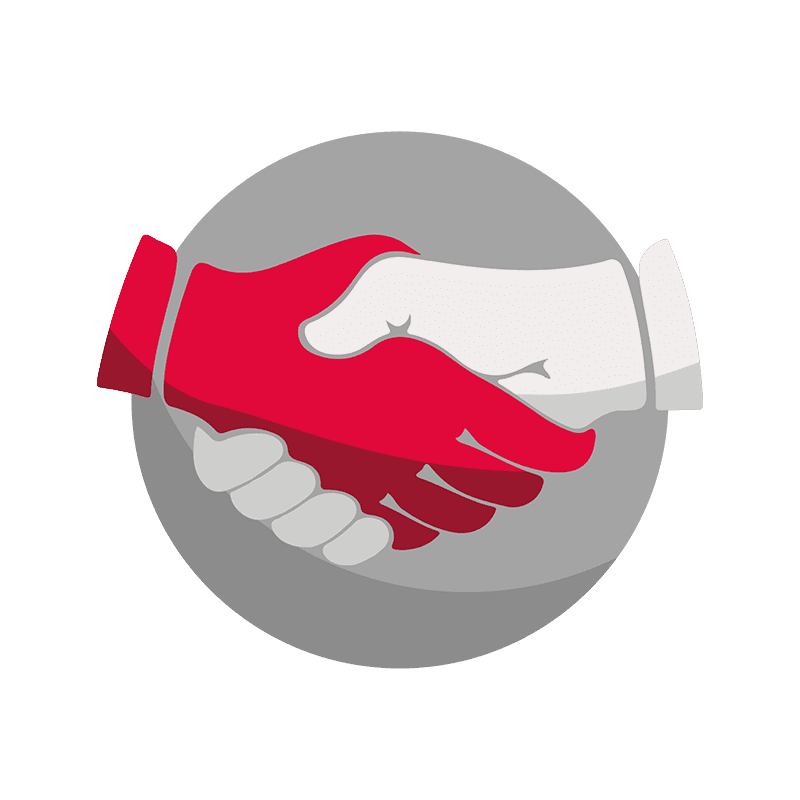Hungarian language
Hungarians and the use of foreign languages
Hungarian workers are at war with the use of foreign languages. Typically, knowledge of foreign languages is a basic requirement for employees of attractions, restaurants, bars, museums and other attractions popular with tourists, so you can communicate with them in German and English without any problems. However, it is unfortunate that it is not immediately understood everywhere that you communicate in English with a salesman, waiter or taxi driver. In their article, we have compiled the terms that can help you understand yourself during your visit to Budapest.Greetings
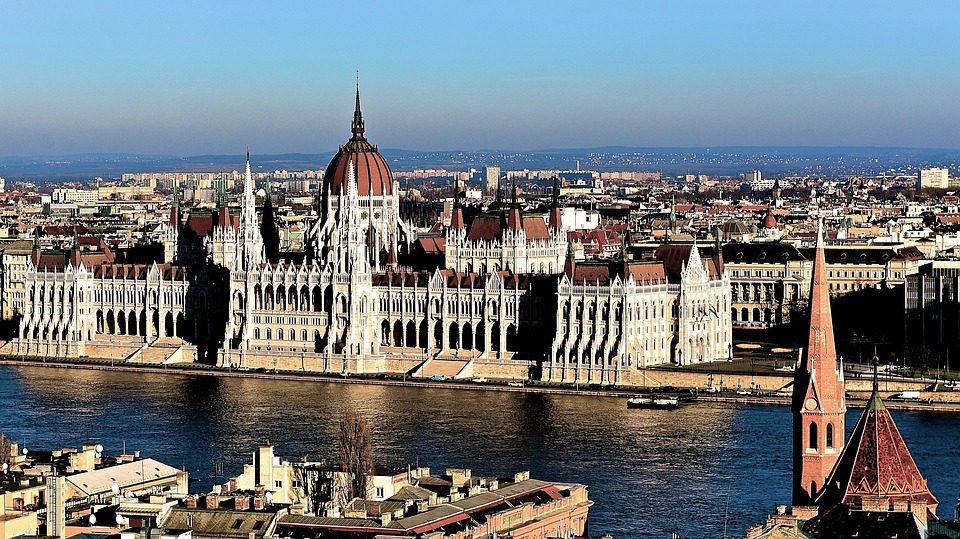
Szia/sziasztok
(see-yah/see-yah-stoke)
A friendly “hi” or “bye” to one person/to more than one person. Between friends this greeting form is often doubled up by saying “szia-szia”.
Jó reggelt/napot/estét
(yoh reg-gelt/nah-poht/esh-tet)
“Good morning/afternoon/evening” Hungarians use these expressions as formal ways of greeting at different times of day.
Jó éjszakát
(yoh ey-sa-kat)
“Good night”
Viszontlátásra
(vee-saunt-lah-tahs-ra)
“Goodbye” A formal term for farewell.
Hogy vagy?
(hoj-dj vah-dj )
“How are you doing?”
Köszönöm, jól.
(keu-seu-neum yohl)
“I’m fine, thank you.”
or
Nem jól.
(nem yohl)
“I’m not well.”
Mi a neved?
(mi aw neh-ved)
“What’s your name?” An informal way of asking about someone’s name.
A nevem…
(ah neh-vehm)
“My name is…” Then fill in the blank with your name.
Honnan jöttél?
(hon-nan yot-tel)
“Where are you coming from?”
Hány éves vagy?
(Hauwn eh-vehs vah-dj)
“How old are you
Beszélsz magyarul/angolul?
(bass-ale-ss ma-ja-rule/on-goh-lool)
“Do you speak Hungarian/English?” An informal way of trying to find a common language to interconnect.
Nem beszélek magyarul/angolul.
(nem bass-ale-lack ma-ja-rule/on-goh-lool)
“I don’t speak Hungarian/English.”
Shopping
Szeretnék egy…
(se-ret-nayk eh-dj)
“I would like a…”. Use this expression when you want to purchase something.
Egy jegyet kérek.
(eh-dj yej-et keh-rack)
“A ticket please.” When you buy a public-transport ticket or you want to enter a museum.
Mennyibe kerül?
(men’-nyi-be ke-rewl)
“How much does it cost?”
Bankkártya
(Bahnk-kaar-tya)
“Bankcard”
Készpénz
(kes-penz)
“Cash” While most places accept bankcards or credit cards, there are still a few spots where you can only pay with cash.
Csak nézelődöm.
(chok nay-ze-lo-dom)
“I’m just looking.” If you enter a shop just to browse around.
Bars and restaurants
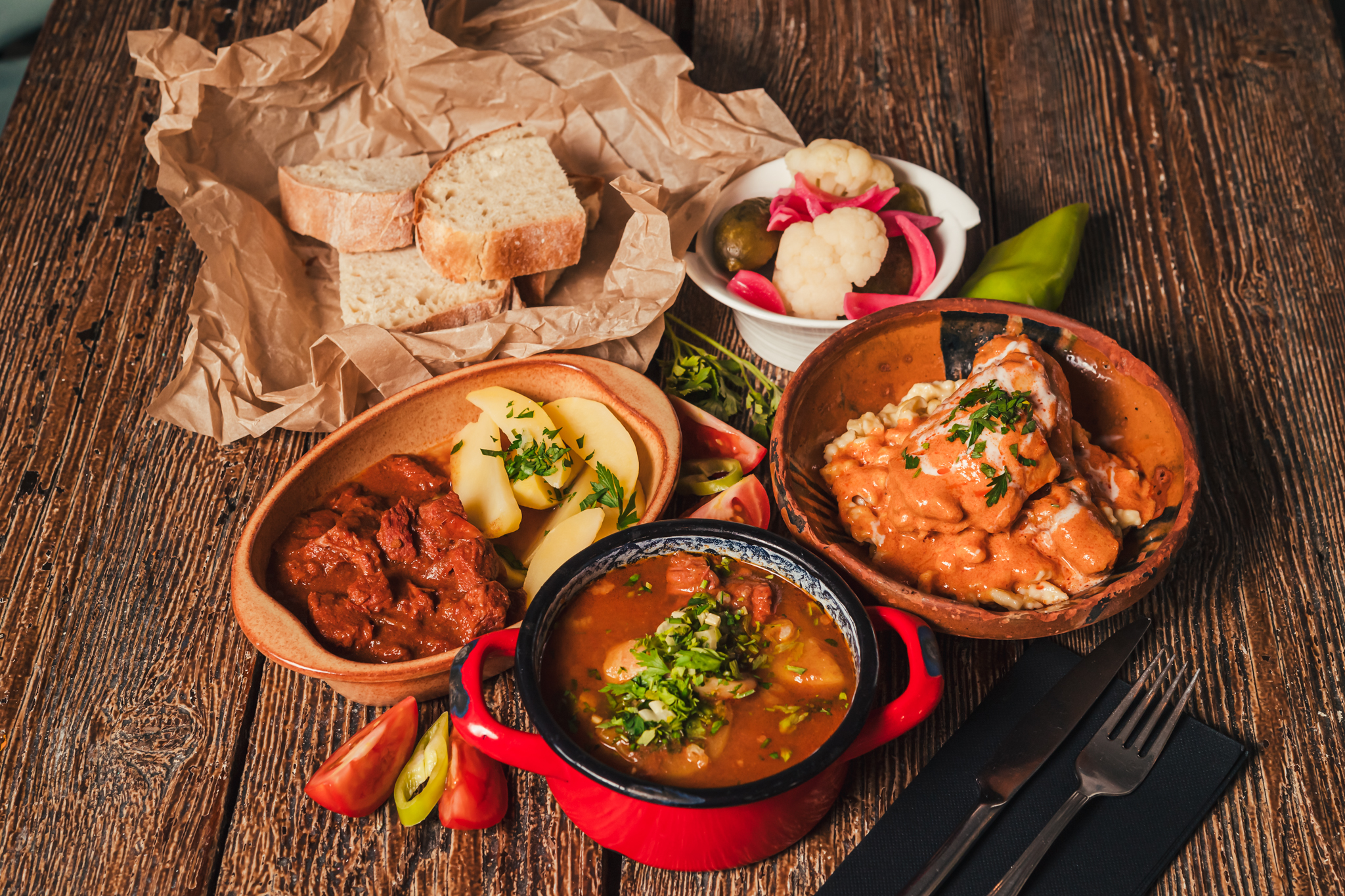
Kérek egy pálinkát/bort/sört
(keh-rack eh-dj pah-lin-cat/bore-t/shirt)
Egészségedre!
(ag-eh-sheg-ad-reh)
“Cheers!”
Jó étvágyat!
(yoh eht-vah-djot)
“Enjoy your meal!”
A számlát kérem!
(aw sam-lat keh-rem)
“The bill, please!”
Directions
Hol van a…?
(hol vahn aw)
“Where is the…?” Depending on what you are looking for, fill in the blank.
Balra/jobbra/egyenesen
(bawl-ra/yohb-ra/e-dye-ne-shen)
“Left/right/straight”
A sarkon
(ah shor-kon)
“At the corner”
Itt/ott
(eat/oht)
“Here/there”
Bejárat/Kijárat
(beh-yah-raht/kih-yah-raht)
“Entrance/Exit”
Other essentials to help you get around
Igen/nem
(ee-gen/nehm)
“Yes/no”
Nem értem/nem tudom
(nehm eyr-tem/nehm-tu-dome)
“I don’t understand/I don’t know”
Köszönöm
(keu-seu-neum)
“Thank you”
Szívesen
(see-ve-shen)
“You’re welcome”
Elnézést
(el-ney-zeysht)
“Excuse me”
Sajnálom
(shoy-nah-lawm)
“I’m sorry”
Várjál!
(vahr-yawl)
“Wait!” “one moment, please”.

